As an American, I’m fairly comfortable relating the portrayal of black characters in horror movies to the racial dynamics in the US as a whole, but it’s always interesting to see how black characters in foreign films come across. The Argentine movie The Innocents (not to be confused with the 1961 British classic based on Henry James’ The Turn of the Screw) delves into the country’s history of slavery and racism in much the same way that Brazil’s The Devil Lives Here does, although unlike that film, The Innocents remains a period piece throughout.
It’s set in the 19th century on a plantation called La Mercedaria that’s owned by the Guiraldes family. The unnamed patriarch, referred to primarily as “Master,” is a raging, brutish asshole who emotionally abuses his handicapped son Rodrigo, physically (and sexually) abuses his slaves and is basically waiting for his wife Mercedes to die so he can take ownership of the farm that’s in her name.
The crux of the story kicks off when Master rapes a slave named Eloisa (María Nela Sinisterra), leaving her pregnant. Mercedes, being the charmer she is, takes out the frustrations of her loveless marriage not on her sociopathic husband, but rather on Eloisa. Vowing to not let the slave’s bastard child be born, she concocts a scheme to have her tried for witchcraft — which apparently is something that could still happen in the mid-1800s. Needless to say, the slaves in this movie have to eat a lot of shit.
As we leap forward 15 years or so, we follow a grown-up Rodrigo returning to the plantation with his new bride, Bianca. The slaves are gone, but it seems their spirits remain, and they’re understandably pissed off. Strangely, they don’t exact revenge directly, like the Brazil-set slave vengeance film Black Demons (Granted, it’s smart to avoid replicating anything from that film.), but rather they take a weirdly scattershot, nonsensical route that sees some seemingly innocent people suffer while others get off scot-free. It all ultimately proves unfulfilling, given the crap the slaves had to put up with.
With a large portion of the film devoted to Master’s racist, abusive, philandering, rapist and probably murderous ways, it’s odd that he in particular gets off awfully easy — with an “ironic” fate rather than a truly punitive one. Like The Devil Lives Here, the motives of the characters and the mechanizations of the vengeance become muddled, leaving a sense of emotional hollowness at the end.
It’s a shame, because if you remove the horror elements — which, aside from being confusing, are bland, clichéd “Old Dark House” ghost stuff — this could actually be a sensational, tragic historical drama. It’s got strong performances, striking visuals and touches upon not only universal human themes of jealousy, ambition, loyalty and familial legacy, but also delves into thoughtful social topics like racism, class division, industrialization and the manipulation of religion into a tool of oppression. It’s high-minded fare that is itself “haunted” by its own determination to shoehorn itself into a ghost story.
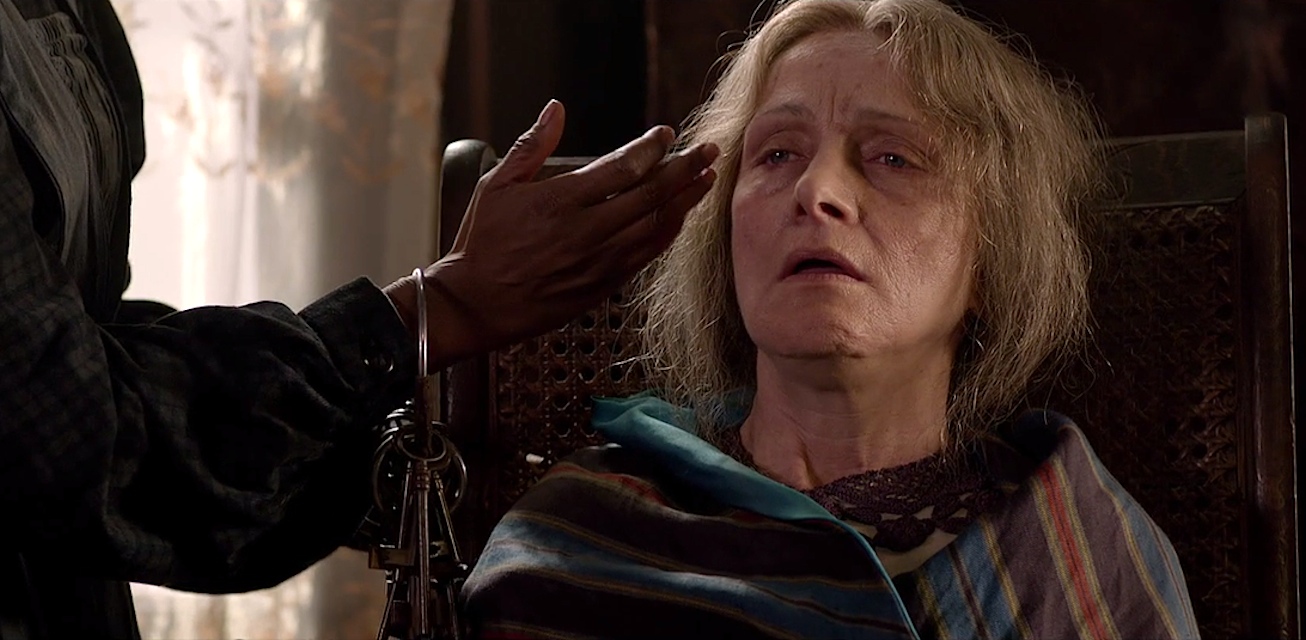
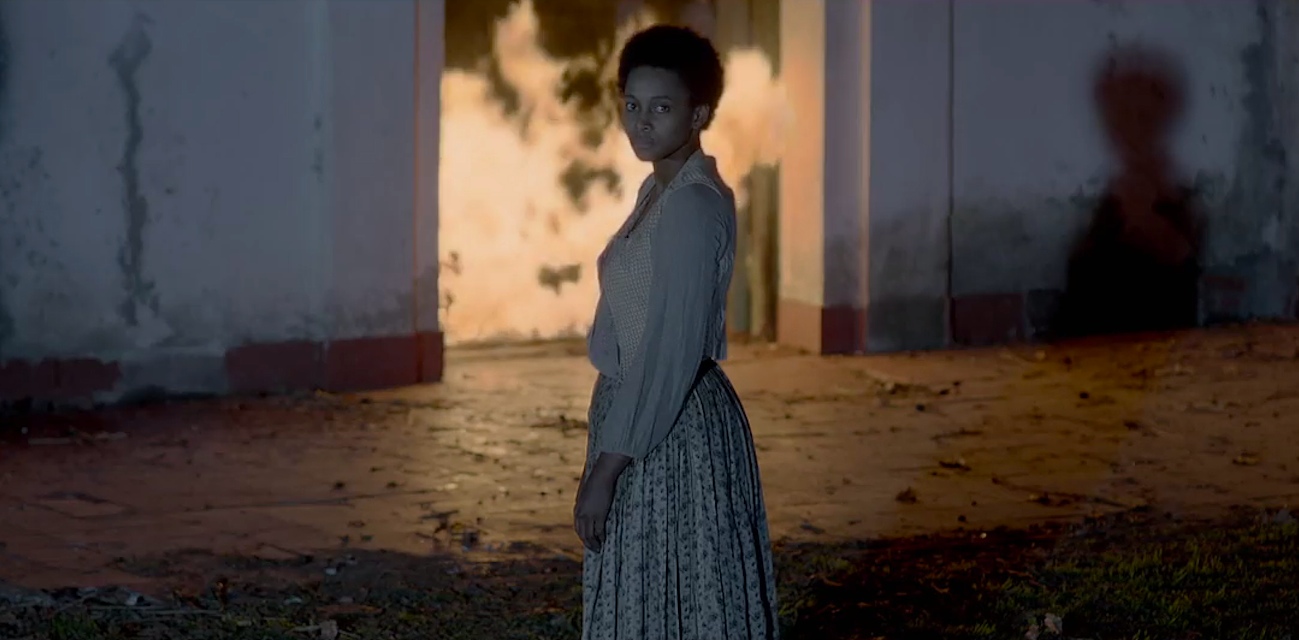
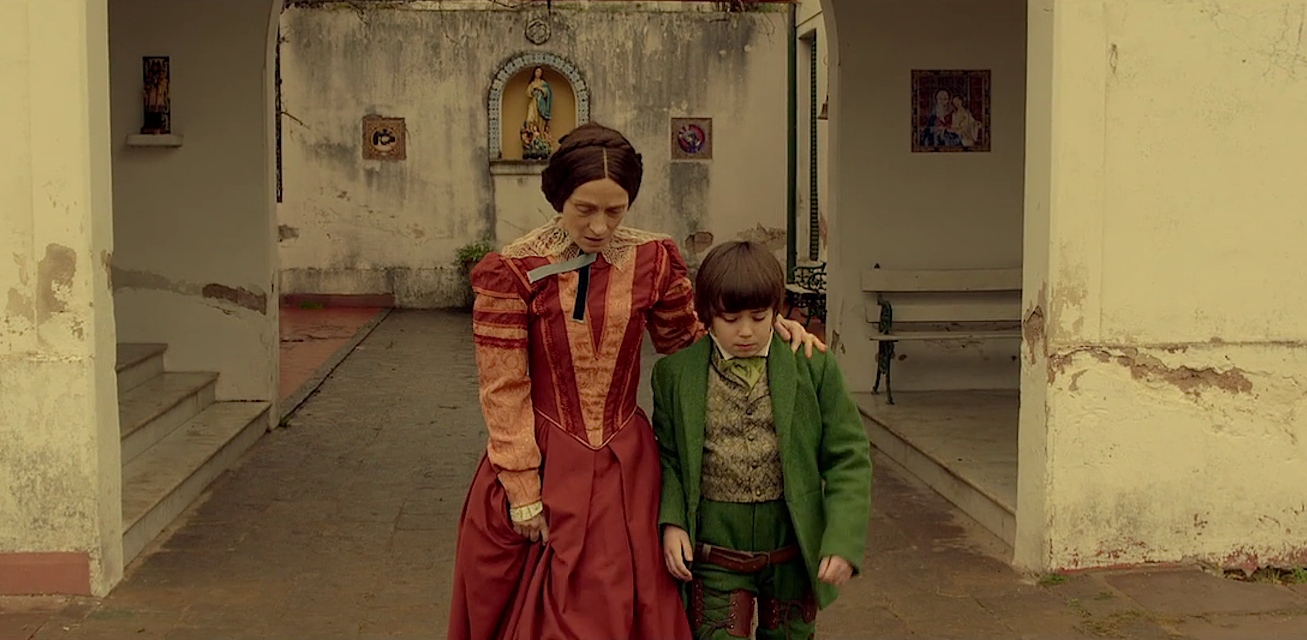
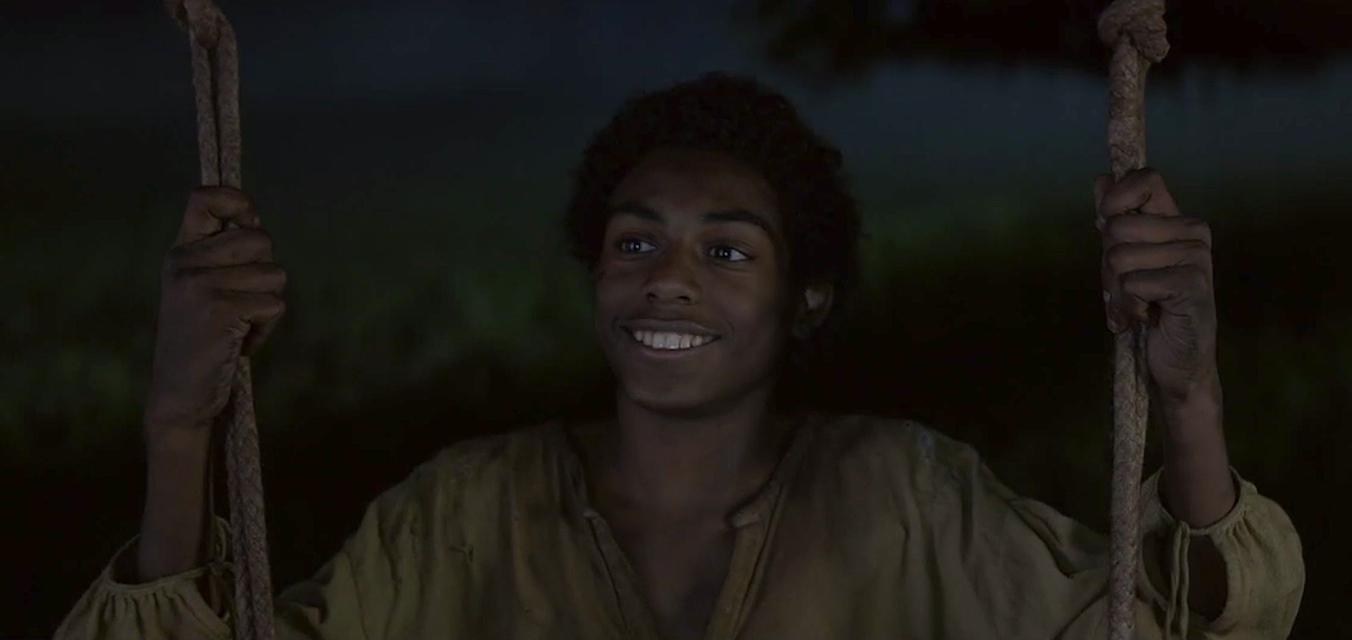
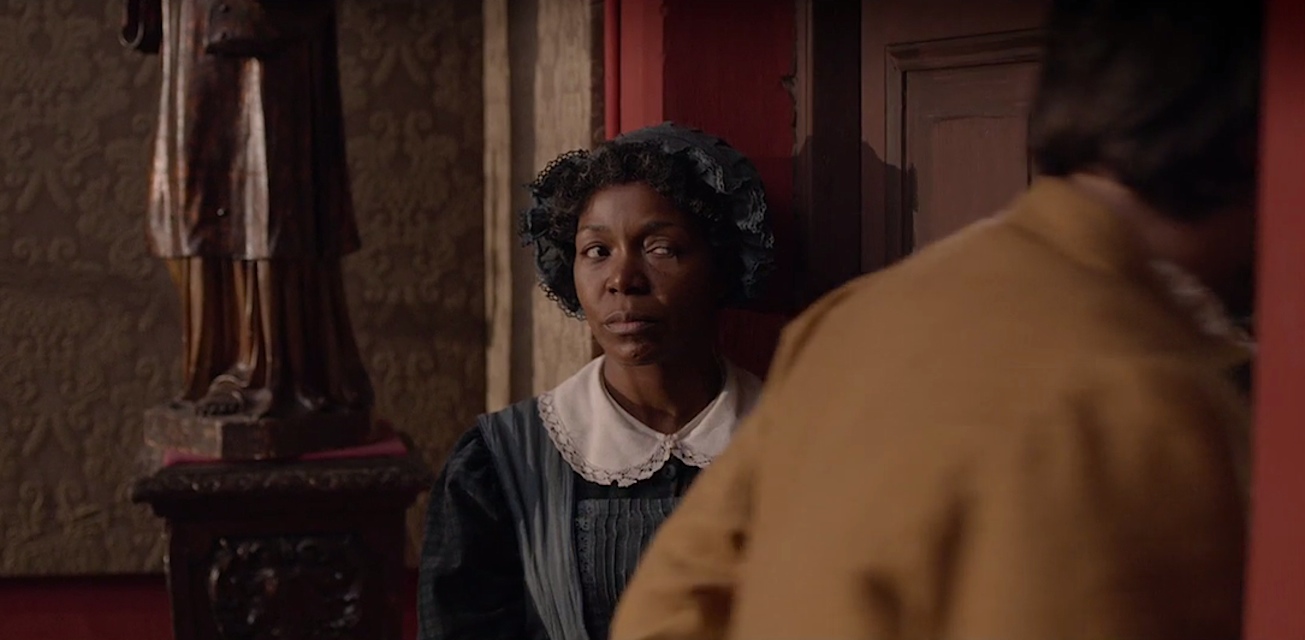
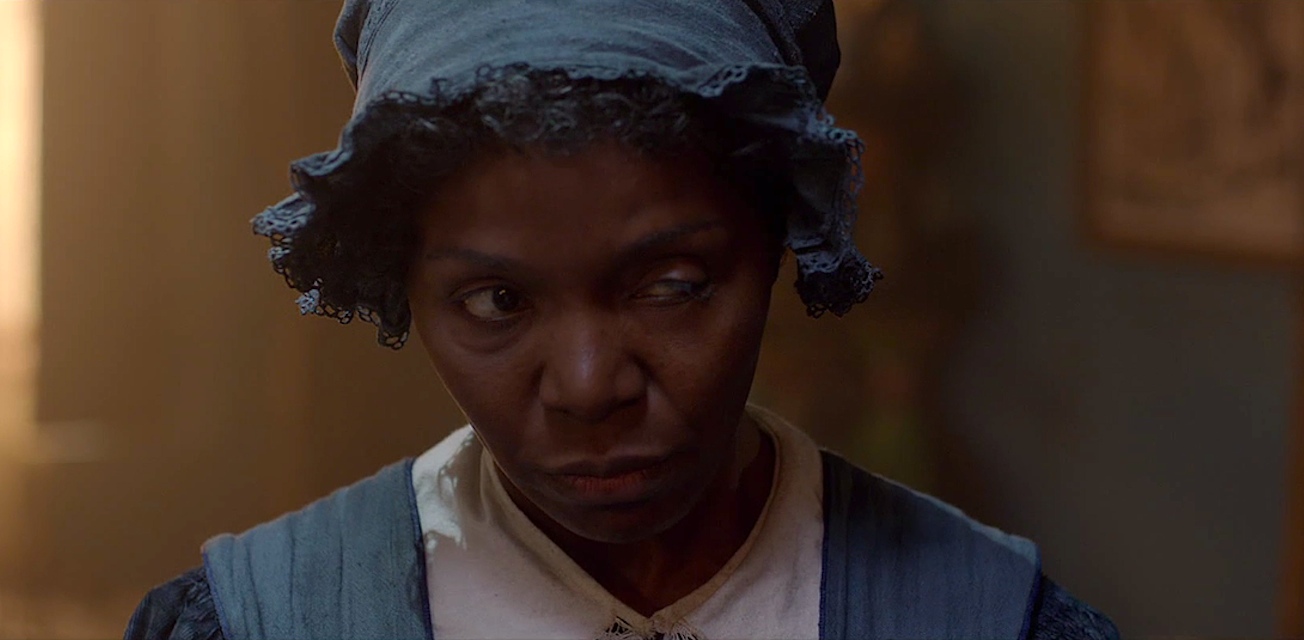
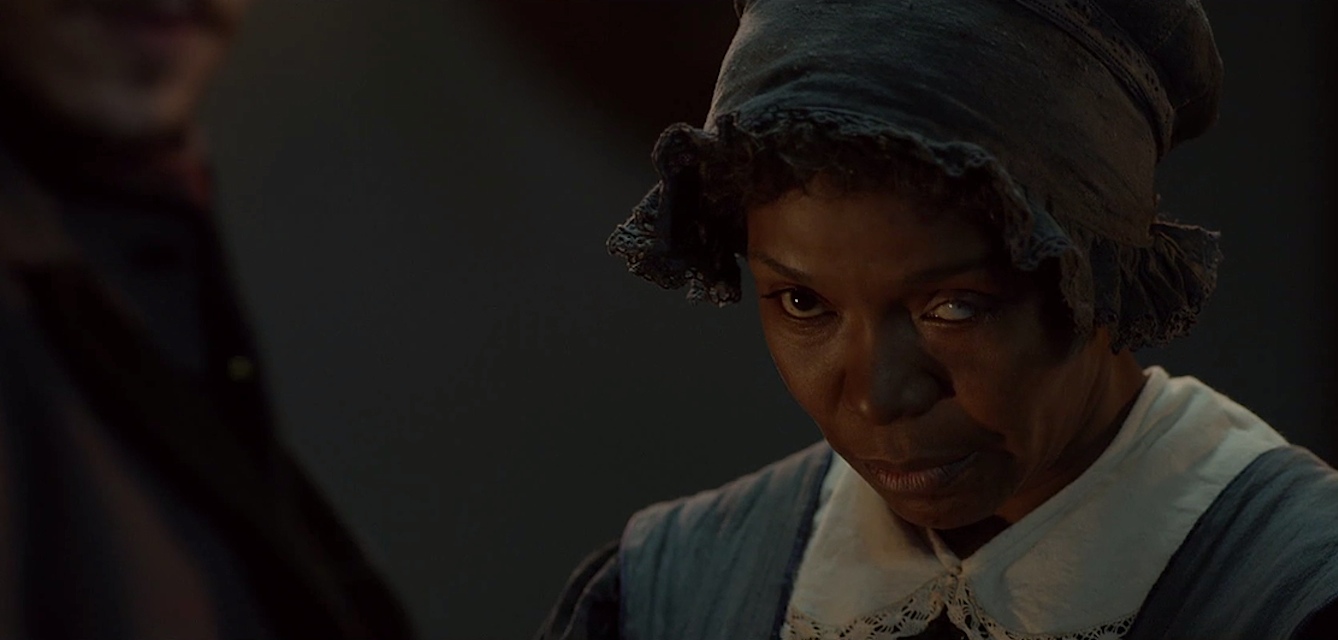
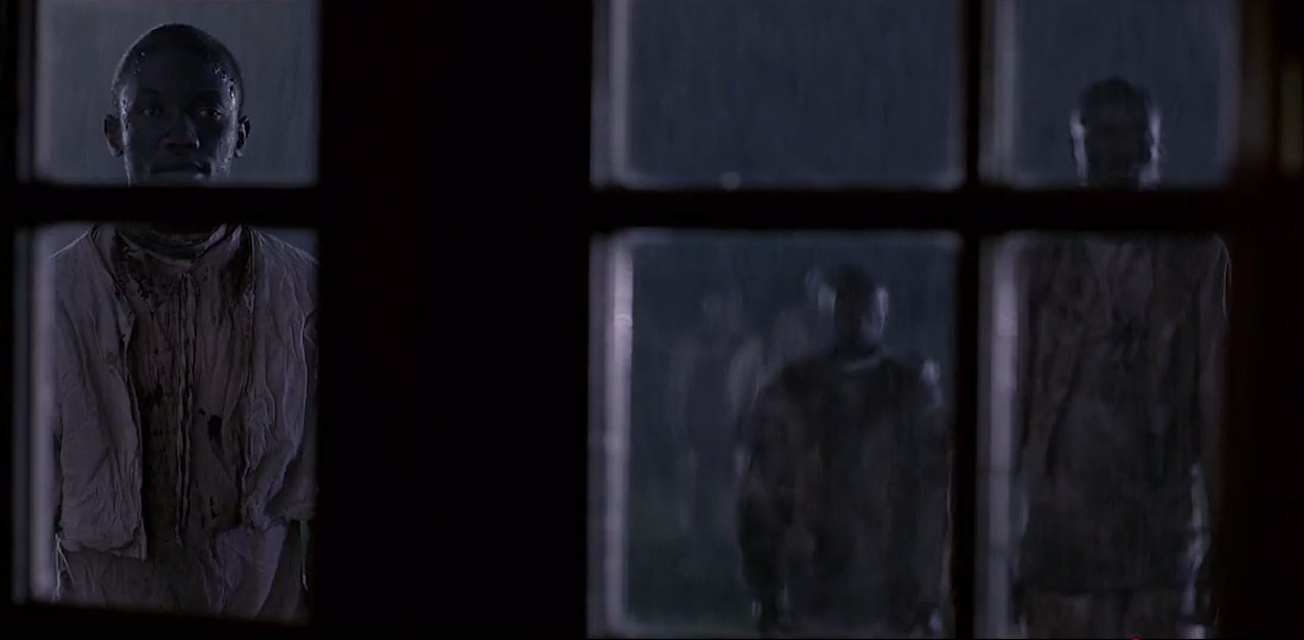





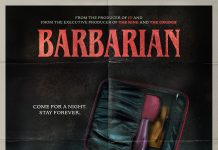


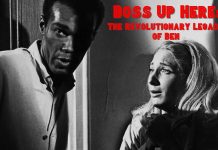
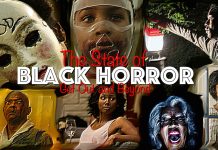






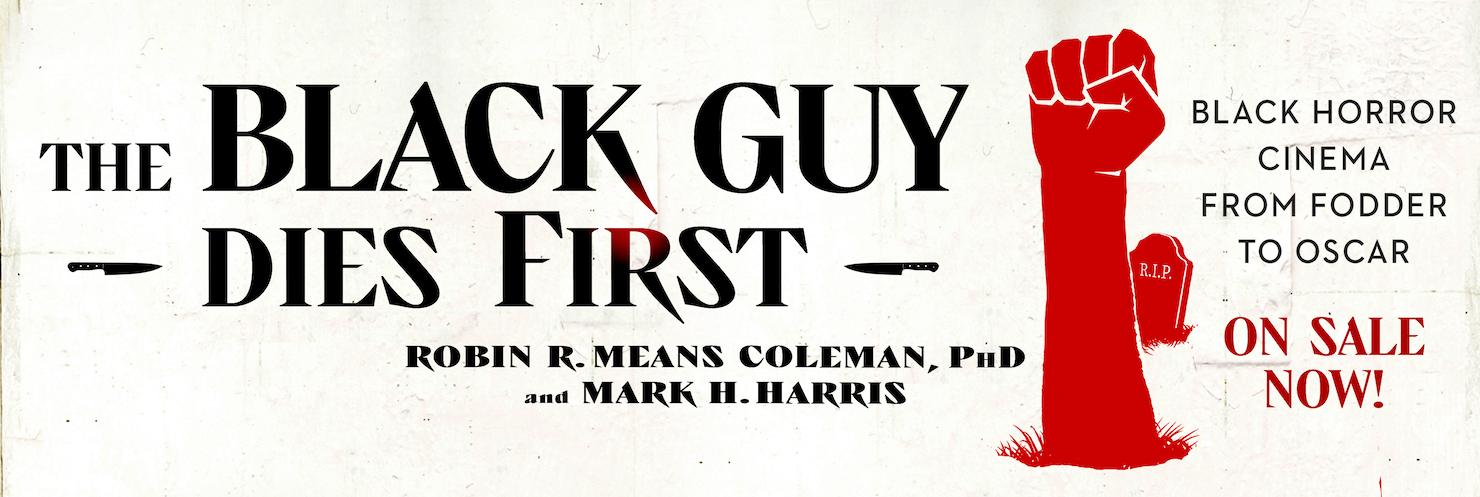
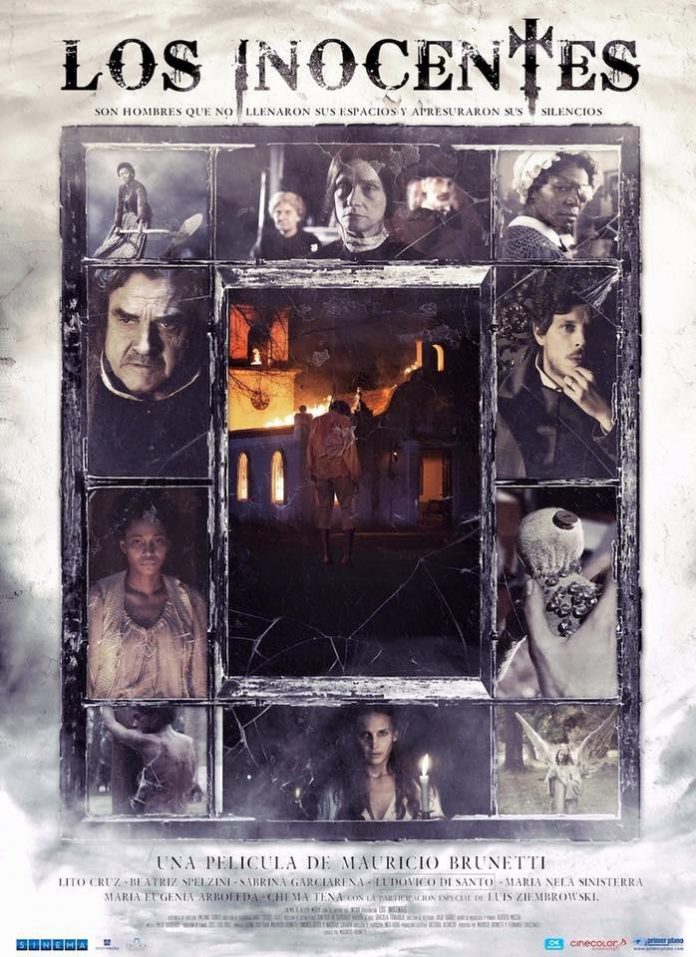


Thought tgis movie was good but could Ave gone way farther with the background of ” Manuel” and the illness of the mother. Also wish Rodrigo would have stood up for himself at least once. I could not understand why after the first couple of days and abuse from his father Rodrigo wanted to stay “a few more days”. I would have been so out of there! Also would have been more interesting if the Master” and Rodrigo would have been seeing eloisa all along too. Another question, why did eloisa sister rat her out and then despise her after she was murdered? Too bad eloisa and her brother didn’t run away.
Who is Manuel? This sucked. I was waiting for it to all tie together, and I still left feeling like, huh? All that great cinematography and story line, and then the minimalist revenge wasn’t worth the wait. Who the heck is Manuel, why is he relevant, how did he die, and why was he referenced so much and then NOTHING? What a waste of a great idea. So disappointed.
So much crammed in and not much explained.
The pacing would’ve been great if it were spread into a miniseries. Explaining Manuel, the dynamic between Eloise and Bastiana, why the priest and the Patron was spared, whether the house was haunted this whole while since there’s a bunch of murdered people on the land.
Engaging performances and visuals, but the story deserved some more investment.
Nothing was explained. I’m somehow left feeling more confused. And why did everyone die and the master got off Scott free!
Because that’s the way it really happened to Africans in America. None of these slaves ever got justice for the treatment they endured generation after generation. None of them every received the mule and land they were promised, (presented by the master that never had to pay for his treatment) none of them ever get a dime for the years of labor. and many never saw the children and family that was torn away from them. And Americans to this day still find ways to justify all of this. There are no happy endings for Africans in America. Never has been to this day. .
Was Mercedes in the wheel chair the same person who had Eloise burned alive?